
Connect with Pitt Education


PhD in Education Policy
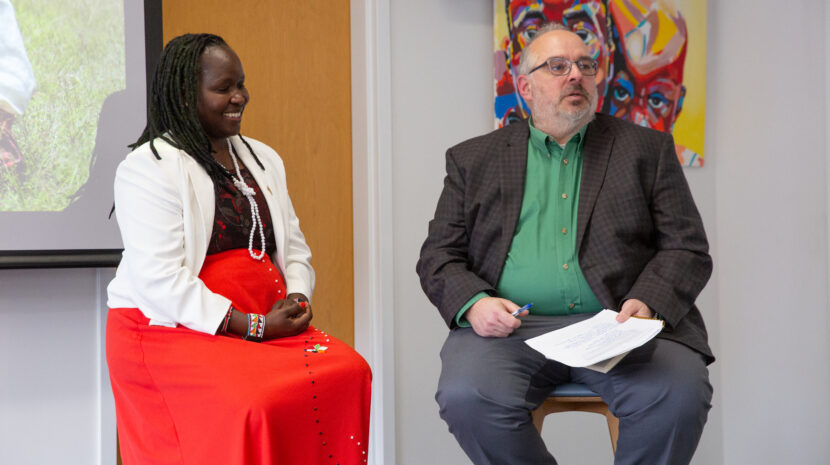
Become a world-class researcher in equity-driven educational policy.
Our PhD in Education Policy provides you with a deep and nuanced understanding of the education policy process, including policy formulation, implementation, and evaluation, and the methodological approaches used to examine these processes and their effects. As a student, you will also explore how the (re)design of policies and systems create substantive improvements in learning opportunities for learners of all ages.
Through apprenticed research experiences and coursework, students will be prepared to engage in collaborative partnerships with a range of policy stakeholders including educators, leaders, policymakers, students, and communities across local, national, and international contexts
Request Info
View Tuition
Program Facts
Degree Type
Doctor of Philosophy (PhD)
Time Commitment
Full-Time or Part-Time
5 years on average
Enrollment Term
Application Deadline
Admissions Requirements
No GRE Exam required
Program Overview
The PhD in Educational Policy is a 90-credit doctoral program. Through apprenticed research experiences, students will gain expertise in policy analysis necessary to prepare them to do independent research and pursue careers in policy research.
Flexible Curriculum
Students have the flexibility to choose courses that match their interests. Many options for customization exist within the curriculum and through the choice between electives or the completion of an optional Area of Concentration (ARCO).
Specialization Option
In place of the elective requirement, students have the option of completing an Area of Concentration (ARCO) as part of the degree. An ARCO is a University of Pittsburgh credential that provides specialization within a specific discipline of education policy. The doctoral ARCO pathway is 18 credits and does not result in any added cost, time, or credit hours.
- Comparative and International Education ARCO
See details about the ARCO courses in the curriculum section below.
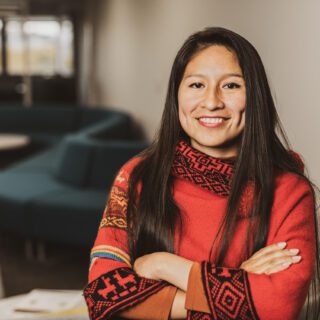
"My classes, professors, and staff have been welcoming and engaged throughout my time in the program. It has inspired me to work for international education, social justice, and social change both in my hometown in Peru and around the world." Jennifer Ponce Cori - Pitt student
Take the Next Step
Prerequisites
- Bachelor’s degree in any subject
- Interest in a career related to education policy and in exploring how policy can contribute to more just and equitable education systems
Minimum of 90 credits required
Loading…
Education Policy Core (6 credits)
Students are required to complete both courses:
- EFOP 3010 – Educational Systems, Macro Policy, and Politics (3 credits)
- EFOP 3011 – Education Policy: Students, Families, Educators and Policymakers (3 credits)
Research Methods (21 credits)
A total of 21 credits is required.
Students take the following three schoolwide PhD core research courses (9 credits):
- EDUC 3100: Intro to Quant Methods: Descriptive and Inferential Statistics (3 credits)
- EDUC 3103: Quantitative Methods 2 (3 credits)
- EDUC 3104: Introduction to Qualitative Methods (3 credits)
12 additional credits should be taken, based on interests. Recommended research methods courses include but are not limited to:
- EDUC 2201 Introduction to Research Methodology
- EDUC 2205 Field Methods
- EDUC 3000 Advanced Applied Statistical Analysis
- EDUC 3106 Advanced Applied Qualitative Analysis
- EDUC 3107 Ways of Knowing
- EDUC 3418 Causal Moderation and Mediation Analysis
- EDUC 3501 Critical Policy Analysis
- EDUC 3503 Historical Research Analysis & Archival Methods
- EDUC 3505 Research-Practice Partnerships
- EDUC 3506 Mixed Methods Research
- EFOP 2018 Statistics 1: Descriptive and Inferential Statistics
- EFOP 2019 Statistics 2: Analysis of Variance
- EFOP 2030 Experimental Design
- EFOP 2353 Applied Anthropology of Education
- EFOP 2410 Applied Regression Analysis
- EFOP 3012 Qualitative Data Management Analysis and Presentation
- EFOP 3201 Introduction to Educational Evaluation
- EFOP 3208 Case Study Methods in Education
- EFOP 3408 Hierarchical Linear Modeling
- EFOP 3471 Constructing Questionnaires and Conducting Surveys
- EFOP 3472 Causal Inference in Educational Research
- TLL 2405 Introduction to Action Research Methods
- TLL 3003 Research Interviewing
Program Electives (18 credits) or Optional Area of Concentration (18 credits)
Students can either take program electives or select from an approved list of courses in the Comparative and International Education ARCO.
Program Electives (18 credits)
Social context
- EFOP 2133 Gender and Education
- EFOP 2305 Sociology of Education
- EFOP 2306 History of Education
- EFOP 2307 Politics and History of Higher Education
- EFOP 2310 Contemporary Philosophy of Education
- EFOP 2343 Education and Culture
- EFOP 2352 Anthropology of Education
- EFOP 2398 Economics of Education
- EFOP 3003 Theories of Educational Inequality
- EFOP 3310 Philosophy of Education, Equity & Justice
Education Policy
- EDUC 3505 Research-Practice Partnerships
- EFOP 3141 Policy Studies in Higher Education
- EFOP 3315 Education Politics: Power & Inequality in K-12 Education Systems
- TLL 3021 Learning Sciences and Educational Change
- TLL 3008 Educational Policy
- TLL 3095 Organizational Perspectives on Education Improvement
- TLL 3540 Design of Educational Systems
Higher Education
- EFOP 2129 Social Justice in Higher Education Settings
- EFOP 3015 Ethical Issues in Higher Education
- EFOP 3131 Student, Campus, & Society
- EFOP 3141 Policy Studies in Higher Education
- EFOP 3150 Foundations for the Study of Higher Education
Special Courses
- EFOP 2096 Internship in EFOP
- EFOP 2089 Special Topics
- EFOP 3089 Special Topics
- EFOP 3098 Directed Study
Area of Concentration (ARCO) Option (18 credits)
Instead of completing program electives, students can opt to add an ARCO in Comparative and International Education Policy.
To meet the criteria for the area of concentration in Comparative & International Education, students complete at least 18 credits from the courses listed below, including 3 required credits of EFOP 3085.
- EFOP 3085 Comp & Int’l Ed Seminar
- EFOP 2106 International & Global Education
- EFOP 2359 Gender, Education, and International Development
- EFOP 3136 Comparative Higher Education
- EFOP 3301 Social Theories & Education in Global Context
- EFOP 3343 Comparative Education
General Electives (9 credits)
All students are required to take 9 credits of general electives. Students can select from any graduate-level courses relevant to their program of study, with advisor approval.
Supporting Field (9 credits)
As an interdisciplinary program of study, PhD students in the Education Policy program are required to take 9 credits outside of the School of Education representing a coherent disciplinary or thematic focus.
We encourage students to consult with their advisors about selecting courses that best align with their goals. Courses taken at a previous institution may be transferred to meet the Supporting Field requirement, if approved by the advisor.
No modifications to this requirement are permitted, unless approved by a majority of the program faculty.
Other Required Courses (27 credits)
- EDUC 3102: First-Year Seminar (1 credit)
- EDUC 3105: First-Year Seminar (2 credits)
- EFOP 3097: Supervised Research (6 credits)
- Dissertation Credits (18 credits)
Degree Requirements
- Completion of all coursework
- Dissertation defense
- Doctoral comprehensive examination
Career Pathways
Popular pathways include the following:
- Faculty position at a higher education institution
- Senior policy fellow
- Policy researcher for a government agency, non-governmental agency, or nonprofit institution
Program Faculty
Program Coordinator
Hayley R. Weddle

Eleanor Anderson

Josh Bleiberg

Michael Gunzenhauser

Sean Patrick Kelly

Maureen K. Porter

M. Najeeb Shafiq
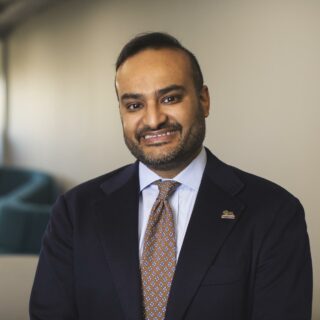
Keith Trahan

Leigh Patel
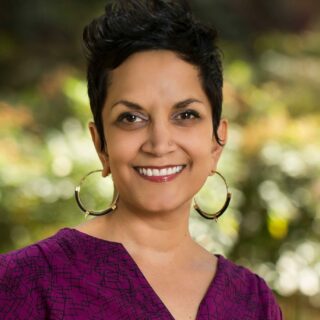
Mariko Yoshisato Cavey

Program News

PhD Student David Smith Receives NAEd/Spencer Dissertation Fellowship
PhD Student David Smith Receives NAEd/Spencer Dissertation Fellowship - Read more
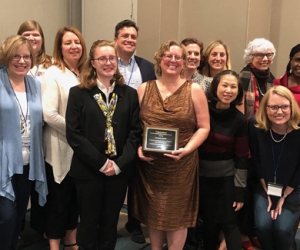
Prof. Maureen Porter Receives Outstanding International Educator Award
Prof. Maureen Porter Receives Outstanding International Educator Award - Read more

Two Faculty Members Named 2022 AERA Outstanding Reviewers
Two Faculty Members Named 2022 AERA Outstanding Reviewers - Read more

2022 Educational Leadership Series Will Explore Global Freedom Work
2022 Educational Leadership Series Will Explore Global Freedom Work - Read more

Five Questions with Alumna Yidan Wang of the World Bank Group
Five Questions with Alumna Yidan Wang of the World Bank Group - Read more
This website uses cookies to improve visitor experiences. You can configure cookie settings in your web browser.
Best Education Policy Programs
Ranked in 2024, part of Best Education Schools
Education policy programs examine educational theory,
Education policy programs examine educational theory, research and leadership principles in K-12 schools as well as colleges and universities. These are the top schools for graduate programs in education policy. Read the methodology »
For full rankings, GRE scores and student debt data, sign up for the U.S. News Education School Compass .
Here are the Best Education Policy Programs
Vanderbilt university (peabody), harvard university, stanford university, university of pennsylvania, university of michigan--ann arbor, michigan state university, teachers college, columbia university, university of wisconsin--madison, university of texas--austin.
SEE THE FULL RANKINGS
- Clear Filters

Nashville , TN
- # 1 in Education Policy
- # 5 in Best Education Schools (tie)
$2,241 per credit (full-time) TUITION AND FEES (DOCTORATE)
$2,241 per credit (part-time) TUITION AND FEES (DOCTORATE)
763 ENROLLMENT (FULL-TIME)
The Peabody College of Education and Human Development at Vanderbilt University (Peabody) has an application deadline... Read More »
Education school
Tuition and fees (doctorate).
$2,241 per credit (full-time)
$2,241 per credit (part-time)
ENROLLMENT (FULL-TIME)
Average gre verbal (doctorate).

Cambridge , MA
- # 2 in Education Policy
- # 8 in Best Education Schools (tie)
N/A TUITION AND FEES (DOCTORATE)
728 ENROLLMENT (FULL-TIME)
The application fee for the education program at Harvard University is $85. The Graduate School of Education at Harvard... Read More »

Stanford , CA
- # 3 in Education Policy (tie)
$58,746 per year (full-time) TUITION AND FEES (DOCTORATE)
335 ENROLLMENT (FULL-TIME)
The application fee for the education program at Stanford University is $125. Its tuition is full-time: $58,746 per... Read More »
$58,746 per year (full-time)

Philadelphia , PA
- # 7 in Best Education Schools
$1,854 per credit (full-time) TUITION AND FEES (DOCTORATE)
$1,854 per credit (part-time) TUITION AND FEES (DOCTORATE)
1,013 ENROLLMENT (FULL-TIME)
The School of Education at University of Pennsylvania has an application deadline of Dec. 1. The application fee for... Read More »
$1,854 per credit (full-time)
$1,854 per credit (part-time)

Ann Arbor , MI
- # 5 in Education Policy
- # 3 in Best Education Schools (tie)
$27,714 per year (in-state, full-time) TUITION AND FEES (DOCTORATE)
$55,826 per year (out-of-state, full-time) TUITION AND FEES (DOCTORATE)
433 ENROLLMENT (FULL-TIME)
The School of Education at University of Michigan--Ann Arbor has a rolling application deadline. The application fee... Read More »
$27,714 per year (in-state, full-time)
$55,826 per year (out-of-state, full-time)

East Lansing , MI
- # 6 in Education Policy
- # 21 in Best Education Schools (tie)
$900 per credit (in-state, full-time) TUITION AND FEES (DOCTORATE)
$1,737 per credit (out-of-state, full-time) TUITION AND FEES (DOCTORATE)
708 ENROLLMENT (FULL-TIME)
The College of Education at Michigan State University has an application deadline of Dec. 1. The application fee for... Read More »
$900 per credit (in-state, full-time)
$1,737 per credit (out-of-state, full-time)

New York , NY
- # 7 in Education Policy (tie)
- # 1 in Best Education Schools (tie)
$1,970 per credit (full-time) TUITION AND FEES (DOCTORATE)
$1,970 per credit (part-time) TUITION AND FEES (DOCTORATE)
3,220 ENROLLMENT (FULL-TIME)
The education school at Teachers College, Columbia University has an application deadline of Jan. 2. The application... Read More »
$1,970 per credit (full-time)
$1,970 per credit (part-time)

Madison , WI
$10,728 per year (in-state, full-time) TUITION AND FEES (DOCTORATE)
$24,054 per year (out-of-state, full-time) TUITION AND FEES (DOCTORATE)
762 ENROLLMENT (FULL-TIME)
The School of Education at University of Wisconsin--Madison has an application deadline of Nov. 30. The application fee... Read More »
$10,728 per year (in-state, full-time)
$24,054 per year (out-of-state, full-time)

Austin , TX
- # 9 in Education Policy
$9,274 per year (in-state, full-time) TUITION AND FEES (DOCTORATE)
$18,032 per year (out-of-state, full-time) TUITION AND FEES (DOCTORATE)
537 ENROLLMENT (FULL-TIME)
The College of Education at University of Texas--Austin has an application deadline of Dec. 1. The application fee for... Read More »
$9,274 per year (in-state, full-time)
$18,032 per year (out-of-state, full-time)

University of California--Los Angeles
Los Angeles , CA
- # 10 in Education Policy
$12,264 per year (in-state, full-time) TUITION AND FEES (DOCTORATE)
$27,366 per year (out-of-state, full-time) TUITION AND FEES (DOCTORATE)
617 ENROLLMENT (FULL-TIME)
The education school at University of California--Los Angeles has an application deadline of Dec. 1. The application... Read More »
$12,264 per year (in-state, full-time)
$27,366 per year (out-of-state, full-time)

Northwestern University
Evanston , IL
- # 11 in Education Policy (tie)
184 ENROLLMENT (FULL-TIME)
The School of Education and Social Policy at Northwestern University has an application deadline of Dec. 4. The... Read More »

University of Virginia
Charlottesville , VA
$29,200 per year (full-time) TUITION AND FEES (DOCTORATE)
$1,225 per credit (part-time) TUITION AND FEES (DOCTORATE)
399 ENROLLMENT (FULL-TIME)
The School of Education and Human Development at University of Virginia has an application deadline of Jan. 2. The... Read More »
$29,200 per year (full-time)
$1,225 per credit (part-time)
See all 38 Ranked Schools
Get the U.S. News Grad Schools School Compass and start finding the grad schools school that's right for you. You'll have access to expanded data including GMAT scores, financial aid information, graduate salary and employment statistics and more!
More Schools in this List (Alphabetical)

Arizona State University (Fulton)
Phoenix , AZ
- in Education Policy
- # 17 in Best Education Schools (tie)
$12,376 per year (in-state, full-time) TUITION AND FEES (DOCTORATE)
$25,722 per year (out-of-state, full-time) TUITION AND FEES (DOCTORATE)
798 ENROLLMENT (FULL-TIME)
The Mary Lou Fulton Teachers College at Arizona State University (Fulton) has a rolling application deadline. The... Read More »
$12,376 per year (in-state, full-time)
$25,722 per year (out-of-state, full-time)

Boston College (Lynch)
Chestnut Hill , MA
- # 23 in Best Education Schools (tie)
$1,688 per credit (full-time) TUITION AND FEES (DOCTORATE)
$1,688 per credit (part-time) TUITION AND FEES (DOCTORATE)
336 ENROLLMENT (FULL-TIME)
The Lynch School of Education and Human Development at Boston College (Lynch) has an application deadline of Jan. 4... Read More »
$1,688 per credit (full-time)
$1,688 per credit (part-time)

Indiana University--Bloomington
Bloomington , IN
- # 34 in Best Education Schools (tie)
$460 per credit (in-state, full-time) TUITION AND FEES (DOCTORATE)
$1,545 per credit (out-of-state, full-time) TUITION AND FEES (DOCTORATE)
The education school at Indiana University--Bloomington has an application deadline of Jan. 15. The application fee for... Read More »
$460 per credit (in-state, full-time)
$1,545 per credit (out-of-state, full-time)

New York University (Steinhardt)
$50,424 per year (full-time) TUITION AND FEES (DOCTORATE)
$2,101 per credit (part-time) TUITION AND FEES (DOCTORATE)
1,320 ENROLLMENT (FULL-TIME)
The Steinhardt School of Culture, Education, and Human Development at New York University (Steinhardt) has an... Read More »
$50,424 per year (full-time)
$2,101 per credit (part-time)

Ohio State University
Columbus , OH
$12,515 per year (in-state, full-time) TUITION AND FEES (DOCTORATE)
$40,245 per year (out-of-state, full-time) TUITION AND FEES (DOCTORATE)
496 ENROLLMENT (FULL-TIME)
The College of Education and Human Ecology at Ohio State University has an application deadline of Dec. 1. The... Read More »
$12,515 per year (in-state, full-time)
$40,245 per year (out-of-state, full-time)

Pennsylvania State University--University Park
University Park , PA
- # 46 in Best Education Schools (tie)
$24,956 per year (in-state, full-time) TUITION AND FEES (DOCTORATE)
$43,266 per year (out-of-state, full-time) TUITION AND FEES (DOCTORATE)
421 ENROLLMENT (FULL-TIME)
The College of Education at Pennsylvania State University--University Park has a rolling application deadline. The... Read More »
$24,956 per year (in-state, full-time)
$43,266 per year (out-of-state, full-time)
You are using an outdated browser. This website is best viewed in IE 9 and above. You may continue using the site in this browser. However, the site may not display properly and some features may not be supported. For a better experience using this site, we recommend upgrading your version of Internet Explorer or using another browser to view this website.
- Download the latest Internet Explorer - No thanks (close this window)
- Penn GSE Environmental Justice Statement
- Philadelphia Impact
- Global Initiatives
- Diversity & Inclusion
- Catalyst @ Penn GSE
- Penn GSE Leadership
- Program Finder
- Academic Divisions & Programs
- Professional Development & Continuing Education
- Teacher Programs & Certifications
- Undergraduates
- Dual and Joint Degrees
- Faculty Directory
- Research Centers, Projects & Initiatives
- Lectures & Colloquia
- Books & Publications
- Academic Journals
- Application Requirements & Deadlines
- Tuition & Financial Aid
- Campus Visits & Events
- International Students
- Options for Undergraduates
- Non-Degree Studies
- Contact Admissions / Request Information
- Life at Penn GSE
- Penn GSE Career Paths
- Living in Philadelphia
- DE&I Resources for Students
- Student Organizations
- Career & Professional Development
- News Archive
- Events Calendar
- The Educator's Playbook
- Find an Expert
- Race, Equity & Inclusion
- Counseling & Psychology
- Education Innovation & Entrepreneurship
- Education Policy & Analysis
- Higher Education
- Language, Literacy & Culture
- Teaching & Learning
- Support Penn GSE
- Contact Development & Alumni Relations
- Find a Program
- Request Info
- Make a Gift
- Current Students
- Staff & Faculty
Search form
Education policy, doctor of philosophy (ph.d.), you are here, an individualized doctoral program and an apprenticeship that prepares you for advanced empirical education policy research..
The goal of the Education Policy doctoral program is to produce the next generation of education policy scholars and researchers by providing students with deep content knowledge, disciplinary grounding, and training in the use of rigorous, cutting-edge methods. We study early childhood education, K-12, and beyond, in the United States and around the world. Our program has a proven record of preparing students for a variety of research careers, such as professors at top tier-universities and policy researchers at premier research firms, non-profit research organizations, and government agencies.
What Sets Us Apart
About the program.
The Education Policy Ph.D. program equips graduates with the knowledge and methodological tools to use, understand, and conduct research on the pressing educational issues of the day. Your program of study will be matched to your specific interests in education policy on the local, state, national, or international levels.
Fall: 4 courses; Spring: 4 courses
Research apprenticeship 20 hours per week
Culminating experience Comprehensive examination and doctoral dissertation
At the heart of the Education Policy Ph.D. program is the research apprenticeship. You will be paired with Education Policy faculty members whose research interests align with your own, and work alongside them in the research process. You will learn to design, conduct, and communicate the results of empirical research, including presenting papers at scholarly conferences and submitting articles to scholarly journals for publication.
In addition to an individualized program of study, our students are required to write a significant qualifying paper and complete a dissertation on an issue in education.
Transfer Courses
Course units of graduate coursework taken prior to matriculation into the Ph.D. degree program, if approved by both your faculty advisor and the Education Policy Chair, may be substituted for one or more of the above required courses. However, students are still required to complete 16 course units while at Penn GSE.
Program Length
Our Ph.D. program is designed to be completed in four years—two years of full-time coursework and two years to complete exams and dissertation. The University’s maximum time limit for completion is ten years after matriculation.
Preliminary Examination/Doctoral Dissertation
At the end of the coursework, students complete a preliminary examination (also known as the qualifying paper or comprehensive examination) covering relevant areas of education policy. Successful passage bestows doctoral candidacy, at which point students appoint a dissertation committee, orally defend their dissertation proposal, and write and defend their dissertation.
Our program offers a balance of flexibility and rigor. We want our students to be able to tailor their courses to their own interests and expertise while ensuring that they develop methodological and content-area expertise. One of the strengths of our program is that students can take courses in nationally ranked departments across the University of Pennsylvania. Many of our students take courses at the Wharton School, the School of Social Policy and Practice, and in departments including Sociology and Political Science. Advisors work closely with students to design their course of study.
For information on courses and requirements, visit the Education Policy Ph.D. program in the University Catalog .
Our Faculty
The Education Policy faculty study everything from big data in early childhood education to assessment evaluation to the teacher workforce. In addition to the standing faculty in Education Policy, our program is enriched by the scholarship of faculty members from the Literacy, Culture, and International Education, Human Development and Quantitative Methods, and Teaching, Learning, and Leadership divisions.
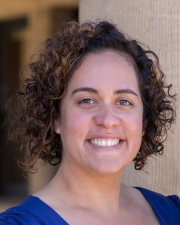
Affiliated Faculty
Sigal Ben-Porath MRMJJ Presidential Professor Ph.D., Tel Aviv University
Wendy Chan Assistant Professor Ph.D., Northwestern University
Dennis P. Culhane Professor, Penn Social Policy & Practice Ph.D., Boston College
John MacDonald Professor of Criminology and Sociology, Penn Arts & Sciences Ph.D., University of Maryland
Laura W. Perna Vice Provost for Faculty Ph.D., University of Michigan
Daniel A. Wagner UNESCO Chair in Learning and Literacy Ph.D., University of Michigan
Sharon Wolf Associate Professor Ph.D., New York University
Jonathan Zimmerman Judy and Howard Berkowitz Professor in Education Ph.D., Johns Hopkins University
"I went to Penn GSE because I wanted to understand the education research that drove policy changes, and I wanted to make that research applicable to teachers."
Wendy Castillo
Our graduates.
Our graduates are equipped with the knowledge and methodological tools to use, understand, and conduct research on the pressing educational issues of the day. We have a proven record of preparing students for a variety of research careers, such as professors at top-tier universities and policy researchers at premier research firms, nonprofit research organizations, and government agencies. Some alumni have also gone on to lead schools, districts, and other organizations.
Alumni Careers
Recent job placements.
- Assistant Professor, University of Wisconsin-Madison
- Assistant Professor, St. Louis University
- Assistant Professor, University of Maryland, College Park
- Postdoctoral Scholar, University of Pennsylvania
- Postdoctoral Scholar, University of North Carolina at Chapel Hill
- Lecturer, Princeton University
- Senior Analyst, Abt Associates
- Research Associate, MDRC
- Analyst, Congressional Research Office
Admissions & Financial Aid
Please visit our Admissions and Financial Aid pages for specific information on the application requirements , as well as information on tuition, fees, financial aid, scholarships, and fellowships.
Contact us if you have any questions about the program.
Graduate School of Education University of Pennsylvania 3700 Walnut Street Philadelphia, PA 19104 (215) 898-6415 [email protected] [email protected]
Nakia Gard Program Manager (215) 573-8075 [email protected]
Noel Lipki Program Coordinator (215) 746-2923 [email protected]
Please view information from our Admissions and Financial Aid Office for specific information on the cost of this program.
All Ph.D. students are guaranteed a full scholarship for their first four years of study, as well as a stipend and student health insurance. Penn GSE is committed to making your graduate education affordable, and we offer generous scholarships, fellowships, and assistantships.
Related News & Research

Teaching conference discusses building a better teacher preparation pipeline

Policy Corner: SCOTUS decision striking down Biden admin's Student Loan Forgiveness Program will have wide-ranging consequences

Alan Ruby discusses success of India’s universities in achieving sustainable development
From philadelphia to seoul, global master’s program builds higher ed management.

Penn Early Childhood and Family Research Center
The Penn Early Childhood and Family Research Center aims to advance the use of science in a context of public trust to address problems affecting the well-being of young children and families facing systemic injustice and disadvantage.
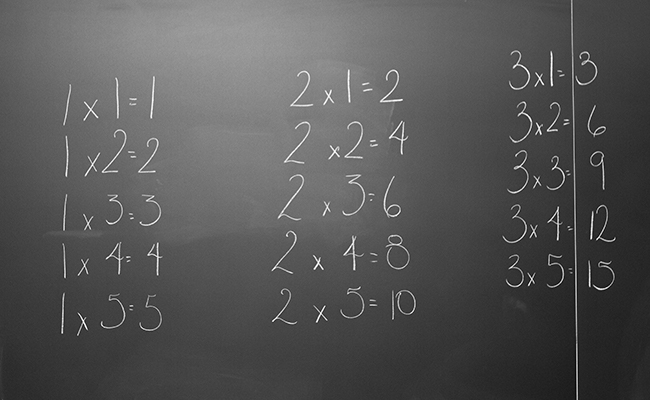
CPRE Mathematics Formative Assessment Project
The Ongoing Assessment Project (OGAP) is a large-scale field trial of a mathematics formative assessment program conducted by CPRE and funded by the National Science Foundation.

Center on Standards, Alignment, Instruction, and Learning
The Center on Standards, Alignment, Instruction, and Learning (C-SAIL) examines how college- and career-ready standards are implemented, if they improve student learning, and what instructional tools measure and support their implementation.

Our Students
Our doctoral students engage in research alongside Education Policy throughout the course of their degree. Learn more about our students and their research.
You May Be Interested In
Related programs.
- Education Policy M.S.Ed.
- Education, Culture, and Society Ph.D.
- Higher Education Ph.D.
- Quantitative Methods M.Phil.Ed.
- Quantitative Methods Ph.D.
- Statistics, Measurement, Assessment, and Research Technology M.S.Ed.

Related Topics
Education Policy and Analysis

Contact Information
Connect with program staff.
If you have program-specific questions, please contact Assistant Director for Education Policy and Analysis Sarah Haas .
- Connect with Admissions
If you have admissions-related questions, please email [email protected] .
Admissions Information
- Application Requirements
- Tuition and Costs
- International Applicants
- Recorded Webinars
- Download Brochure
Gain the skills to design, evaluate, and scale the effective policies and practices critical to improving outcomes for learners — at the global, national, state, and local levels.
The Education Policy and Analysis (EPA) Program will prepare you to lead and engage in education policy development, analysis, and change in organizations and settings throughout the United States and internationally. You also will learn how to scale effective education practices and how to leverage policy in order to expand their reach. The program will provide you with the theoretical frameworks and analytic methods that will enable you to design, implement, and evaluate policies at the global, national, state, institutional, program, and project levels. Our program prepares you to work in local, state, national, and international sectors, as well as research and consulting organizations, think tanks, institutions of higher education, and policy advocacy organizations.
"Crafting and evaluating education policy remains a critical part of ensuring better outcomes for all students, and our program leads the way in cultivating the next generation of education policy professionals. From integrating research and practice to improve public policy to identifying the best method of communicating research finding to policymakers, our program will provide you with the real-world tools you need to make a difference." Carrie Conaway Faculty Co-Chair
After completing the Education Policy and Analysis Program, you will have a deeper understanding of the following competencies that explore how to:
- Integrate values and goals - Integrate the values and goals of your organization or community throughout the policy process, with special attention to equity as a central value in education.
- Understand the issue and context - Define the educational problem or opportunity with an understanding of the relevant historical, social, economic, and political context, including the differing interests and incentives of stakeholders.
- Evaluate evidence and tradeoffs - Define policy options and the criteria for evaluating them. Evaluate the quality of the available evidence and use it to compare alternatives, considering fiscal, political, social, individual, and collective consequences and tradeoffs.
- Communicate and collaborate - Communicate, collaborate, advocate, and negotiate with allies, opponents, and other stakeholders. Convey evidence and reasoning clearly and appropriately for the audience.
- Engage in the policy process - Make recommendations and implement policy under conditions of uncertainty, revising decisions as new evidence and understandings come to light. Build and share new evidence on policy implementation and impact.
Curriculum Information
The EPA Program is designed to help you gain the knowledge and practice the skills essential to developing, implementing, and analyzing education policy in a wide variety of professional contexts. A minimum of 42 credits are required to graduate with an Ed.M. degree from HGSE.
The main elements of this academic year curriculum are:
- This program commences with How People Learn, an immersive online course that runs June–July and requires a time commitment of 12-15 hours per week.
- You will continue Foundations with Leading Change, Evidence, and Equity and Opportunity on campus in August.
- Your Equity and Opportunity Foundations experience culminates in an elected course, which will take place during terms when electives are available.
To fulfill the program requirement, students must take a minimum of 12 credits specific to EPA, including the following:
- The EPA Program Core Experience (4 credits) is a 4-unit fall semester course that introduces both practical competencies and theoretical frameworks about the policymaking process. You will survey policies across the sector and advance your learning through cases, problems of practice, and current policy debates. The experience offers exposure to a variety of education levels — early childhood, K–12, higher education, and adult learners — and settings in the U.S. and around the world. Students must enroll in their first fall semester.
- Research methods courses (4 credits), course topics may include statistics for educational research, qualitative research methods, and program evaluation.
- Policy-related courses (4 credits), course topics may include international comparative education policy, education finance, state and federal education policy, higher education student success, and additional research methods.
- Policy Analysis Exercise (PAE), a written submission that demonstrates application of program competencies to a real-world or simulated organization or client. The PAE may be a final project developed in a course, including the courses above, or in a field experience or internship. The purpose of the PAE is to allow you to practice, demonstrate, and reflect on the five core competencies of the EPA program.
- The remaining credits are taken via elective coursework , which includes the opportunity to specialize in a Concentration .
Explore our course catalog . Note, a ll information and courses are subject to change.
Program Faculty
Students will work closely with faculty associated with their area of study, but students can also work with and take courses with faculty throughout HGSE and Harvard. View our faculty directory for a full list of HGSE faculty.
Faculty Co-Chairs

Carrie Conaway
Carrie Conaway is an expert on strategic planning in education, data and resource use, evidence-based decision making, and connections between research and practice.
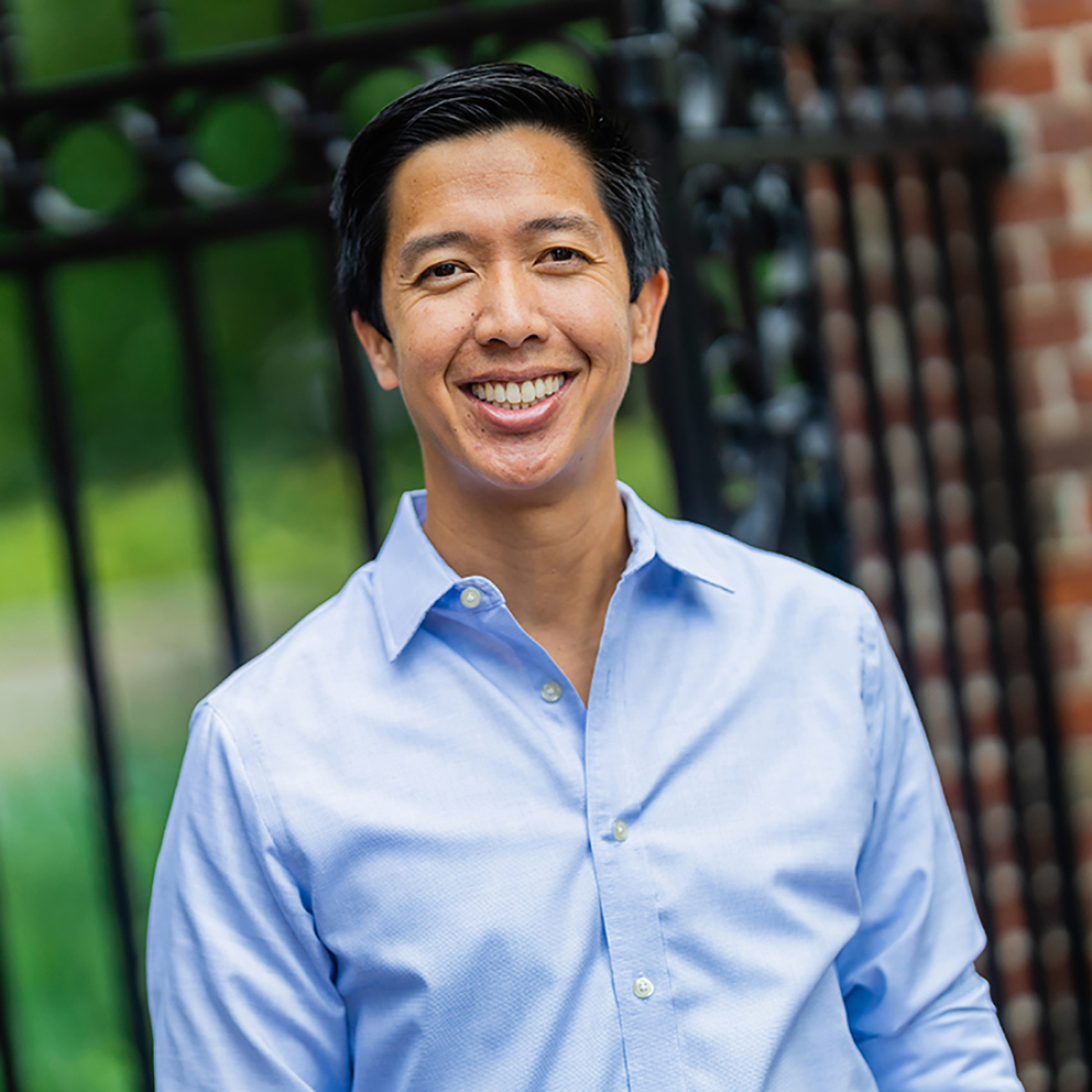
Andrew Ho is a psychometrician whose research aims to improve the design, use, and interpretation of test scores in educational policy and practice.
Peter Q. Blair

Sarah Dryden-Peterson
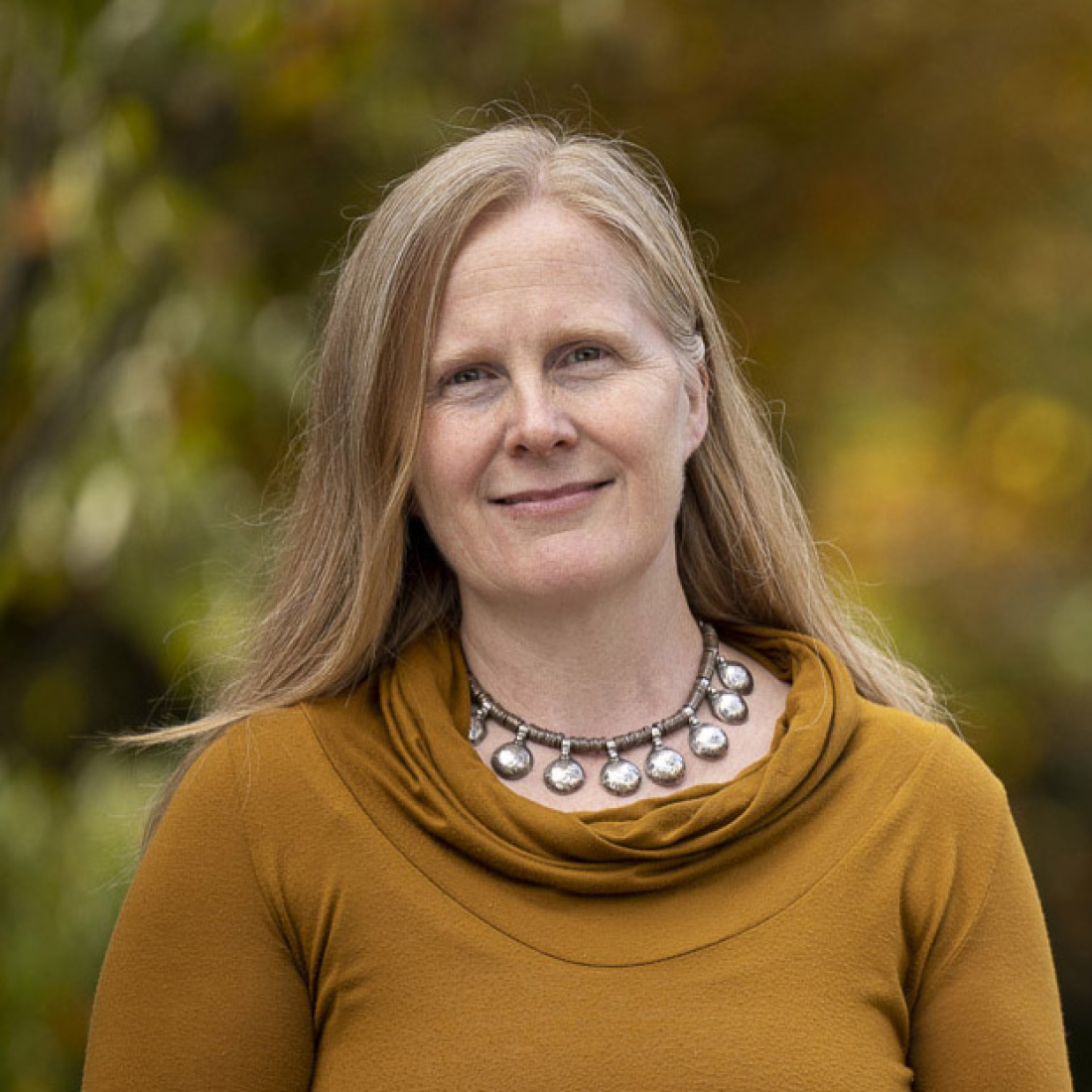
Susan Dynarski
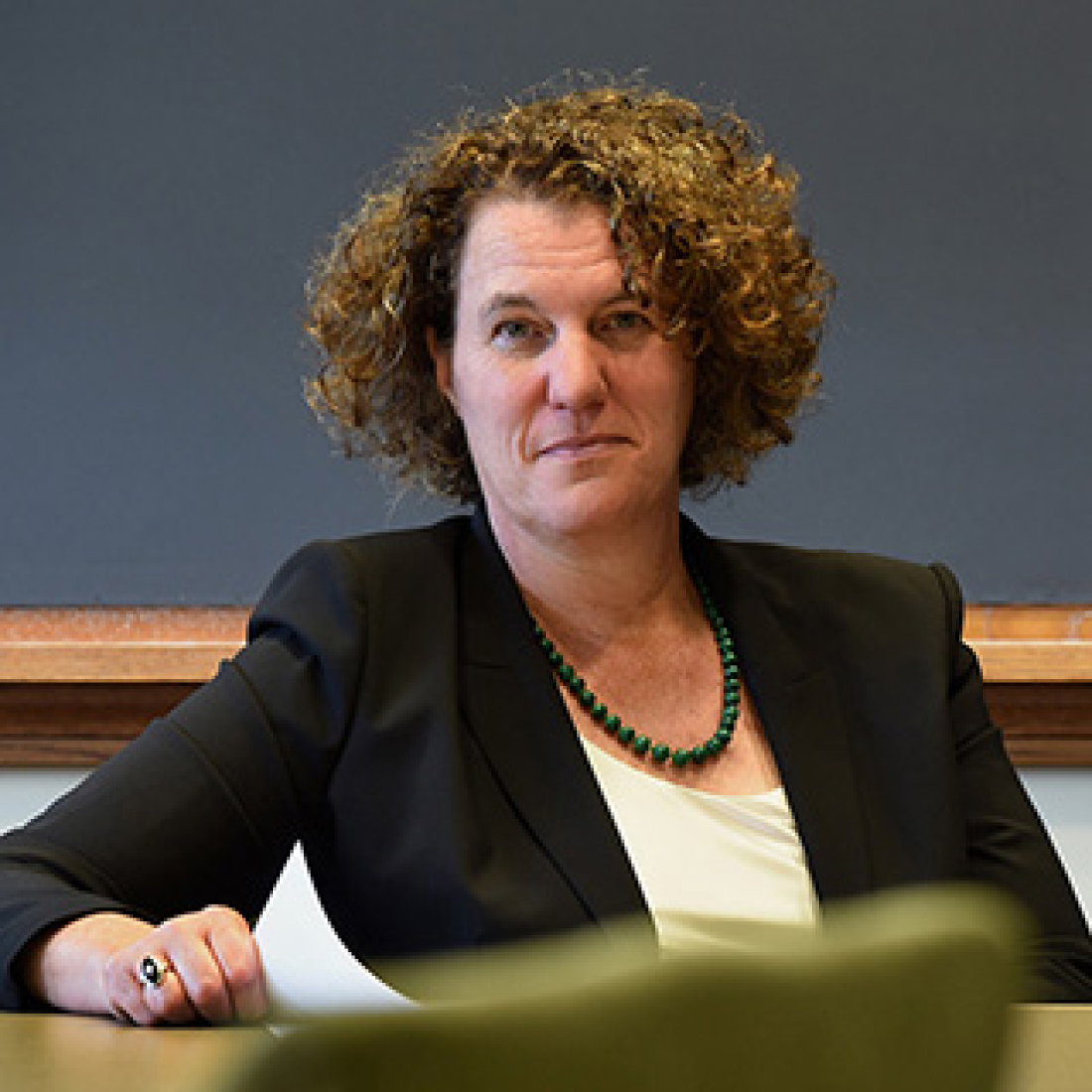
Hadas Eidelman

Alejandro Ganimian

Jarvis R. Givens

Thomas Kane
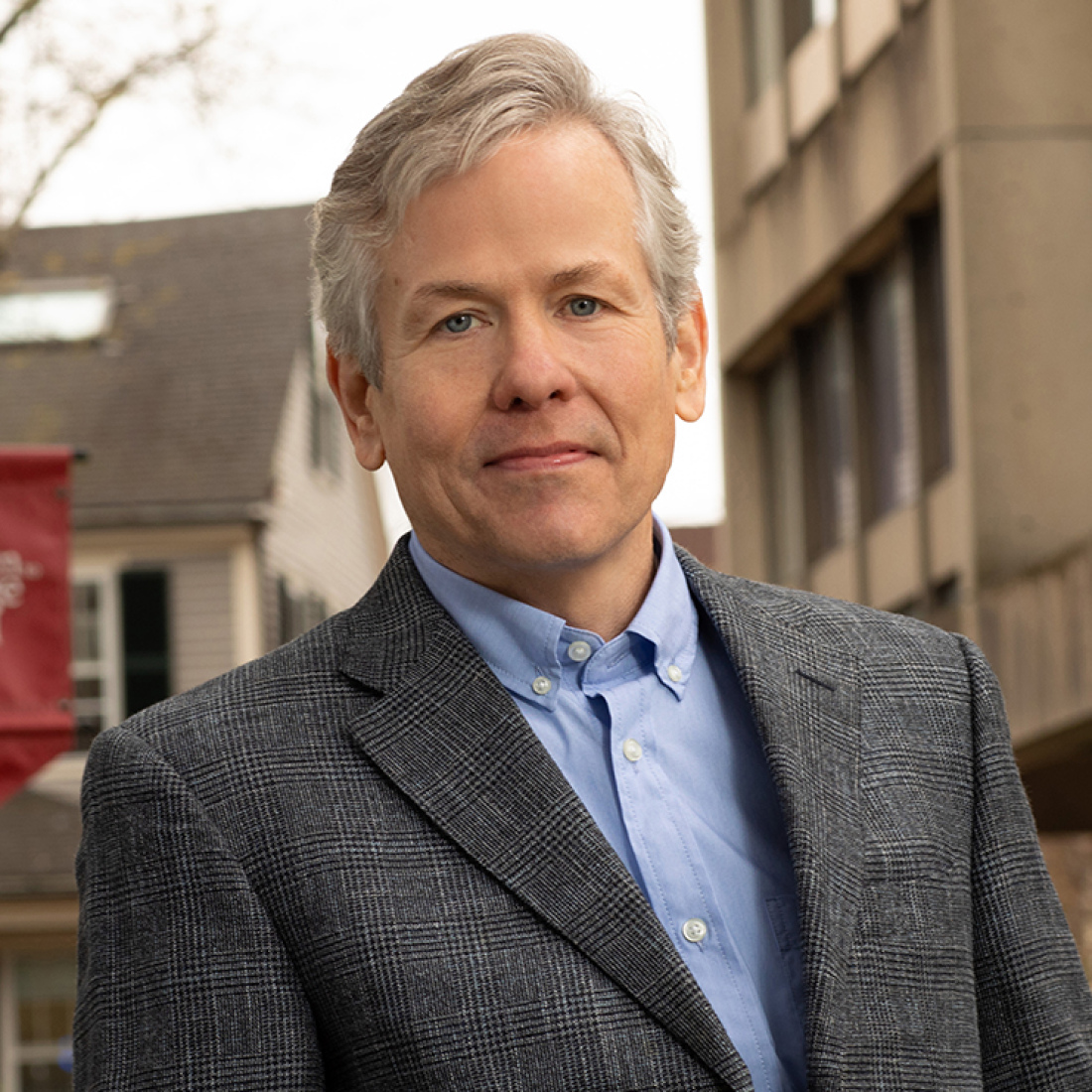
James S. Kim

Jaein Josefina Lee

Joseph McIntyre

Luke W. Miratrix

Sebastian Munoz-Najar Galvez
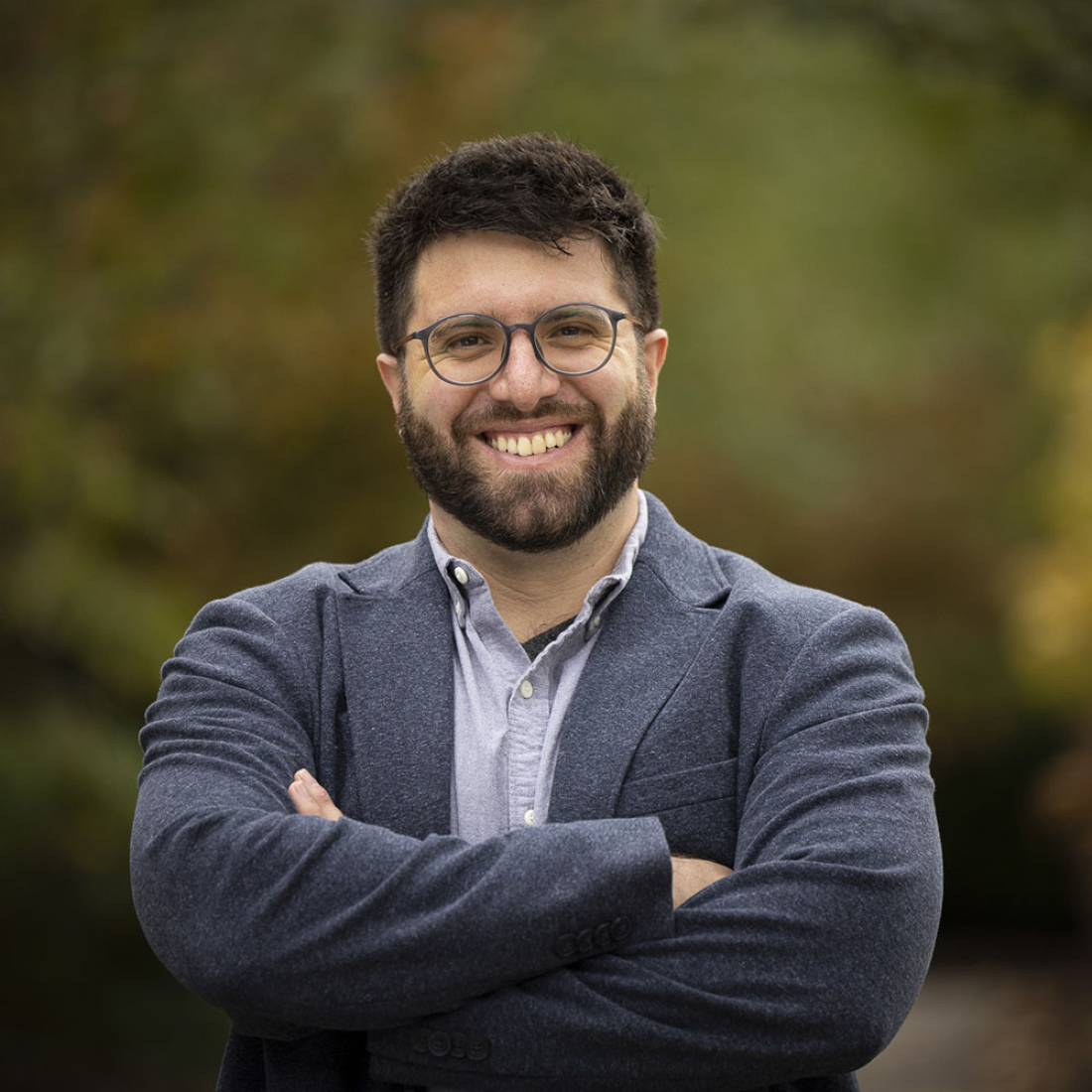
Vesall Nourani

Gabrielle Oliveira
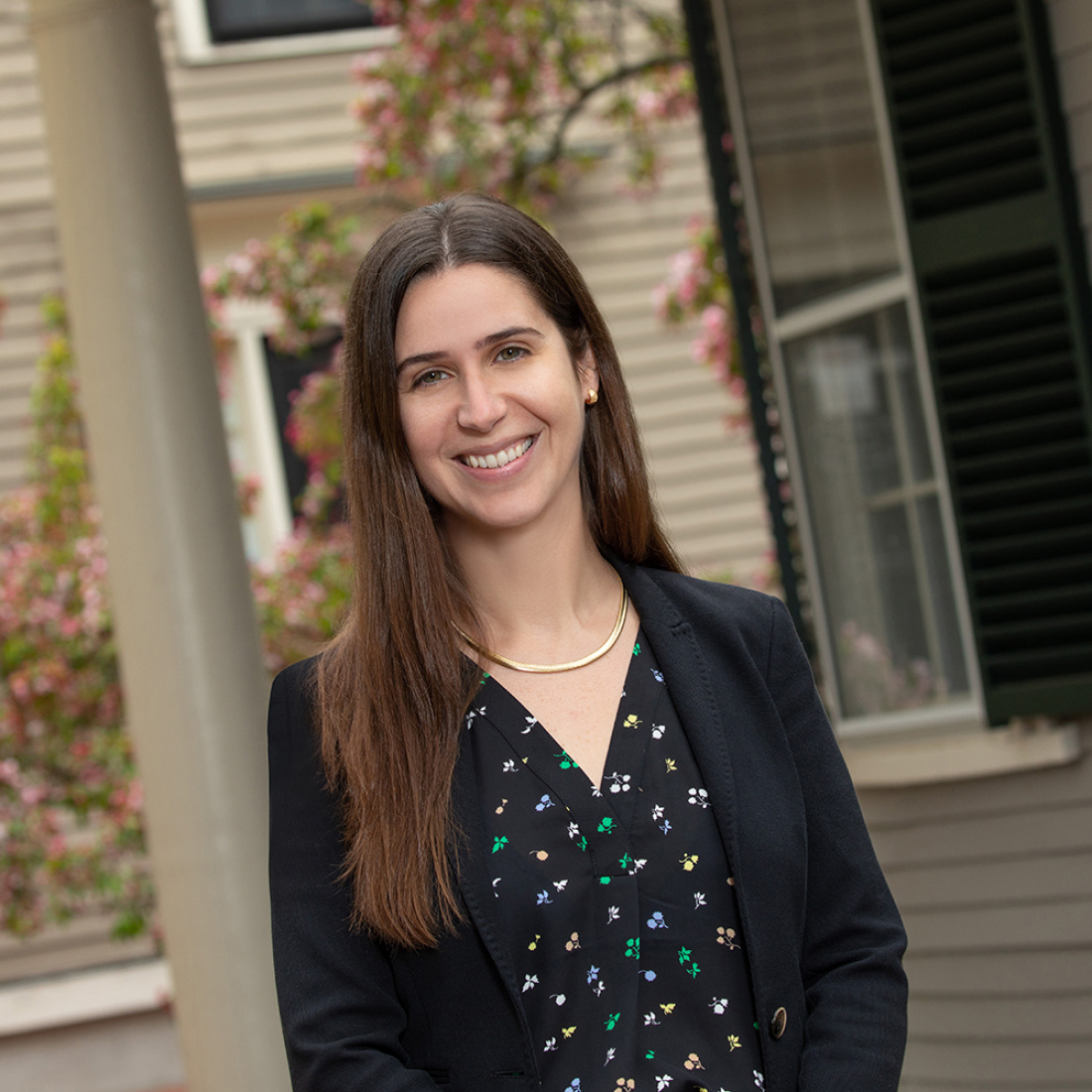
Fernando Reimers

Paul Reville

Melanie Rucinski

Laura A. Schifter

Eric Taylor

Emiliana Vegas

Martin West

Career Pathways
The EPA Program prepares you for a variety of career pathways, including:
- Policy analyst
- Policy associate
- Local, state, or federal government professional
- Research associate or director of research
- Senior research portfolio manager
- Institutional research analyst
- Data analyst
- Program/project coordinator
- Program/project manager
- Community organizer
- Policy consultant
Cohort & Community
As an EPA student, you will be joining a community bound by a shared passion for improving education outcomes, opportunities, and systems through policy. The EPA cohort is comprised of learners from diverse professional backgrounds and levels of experience; from P–16 educators and leaders to policymakers and business executives; from the U.S. and diverse countries abroad; and from early childhood through postsecondary and adult education. Our community engages in shared learning inside and outside the classroom, including informal policy debates with faculty during brown bag lunches, panels with senior policy analysts who share advice on career pathways, and cohort-wide opportunities to learn about and from your peers.
Applications Are Now Open
The deadline to apply is January 5, 2025.
Program Highlights
Explore examples of the Education Policy and Analysis experience and the impact its community is making on the field:
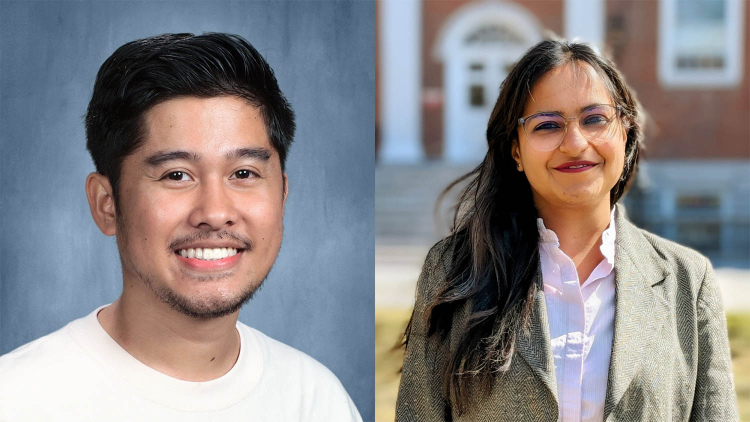
Commitment to Community
Anthony Otadoy Garciano and Srishti Gulati will be honored with the Intellectual Contribution Award for the Education Policy and Analysis Program
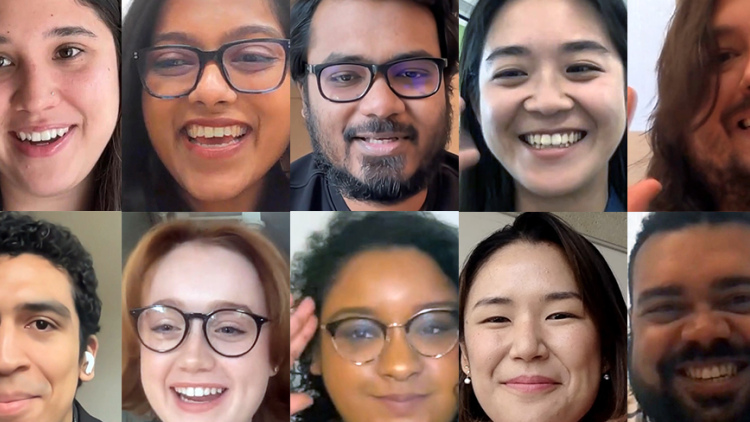
HGSE Honors Master's Students with Intellectual Contribution Award
- Education Policy

Prepare for Your Future
The Education Policy program at Teachers College, Columbia University prepares graduate students to face policy challenges in education at every level in the United States and around the world.
View Career Outcomes
Welcome to the Education Policy program
The degree programs in Education Policy examine both formal and informal institutions of schooling and the political, legal, bureaucratic, organizational, economic, and social factors that affect both schools and the broader educational enterprise. Students address critical problems affecting education, develop a broad and inclusive view of the kinds of issues facing policymakers, and are encouraged to study and reflect on the processes by which research becomes linked to policy and practice. Our graduates embark on policy careers in government agencies, national school reform organizations, non-profit groups dedicated to advocacy, private research institutes, and higher education institutions.
Education Policy Virtual Information Session
The Fall 2023 webinar for prospective students premiered on Thursday, November 9, 2023 at 9:30 am. If you would like to get the transcript of the EPOL open house webinar 2023, please contact David Estrella at [email protected] at Admissions.
Degree Programs
M.a. in education policy.
Our 33-credit M.A. degree focuses on the preparation of policy analysts, policy advocates, and education researchers. Student become experts in a range of educational policy issues and gain tools for policy analysis.
Ed.M. in Education Policy
The advanced 60-credit Ed.M. is for students who have already acquired an M.A. with at least some coursework with education policy content. Graduate students focus on a policy area relevant to their interests.
Ph.D. in Education Policy
The campus-based Ph.D. degree in Education Policy prepares its graduates to build new knowledge, teach new leaders, and craft new policies. The program may be completed in 75 credits, of which up to 30 credits may be transferred from another graduate institution.
Congratulations Graduates 2024!
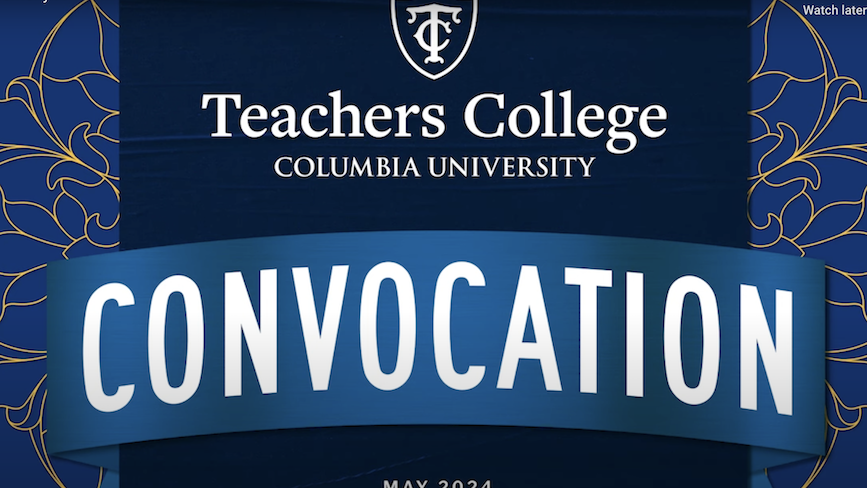
EPOL Course Highlights
EDPA 4086, Law and Education: Regulation, Religion, Free Speech, and Safety.
The purpose of the Federal Policy Institute is to examine three themes: the enduring values of American education, contemporary issues in national school reform efforts, and the role of the federal government.
EDPA 6542, Education Policy Foundations Seminar.
EDPA 6002, Quantitative Methods for Evaluating Education Policies and Programs.
Student & Alumni Profiles
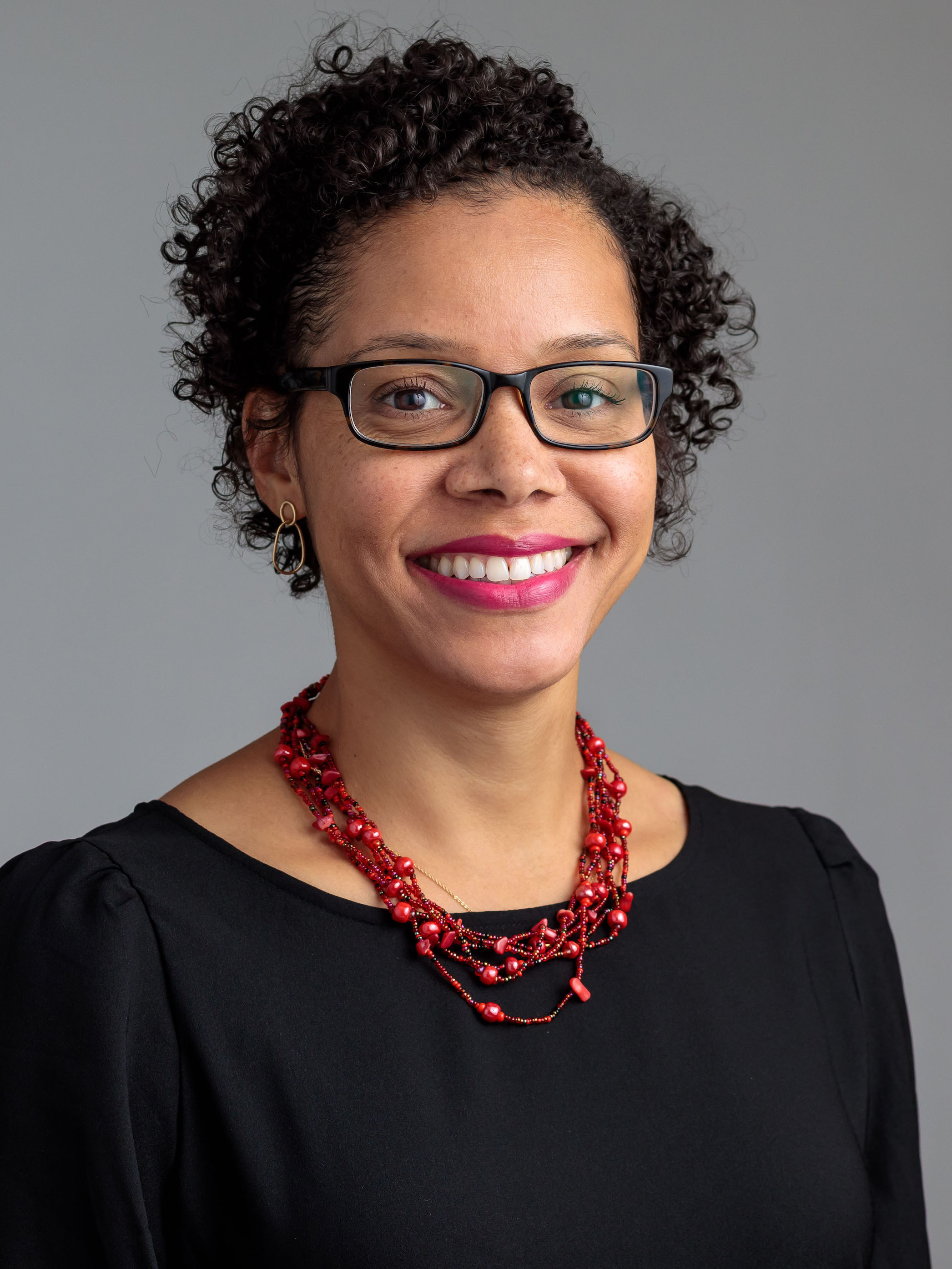
B.A., Political Science, University of Rochester 2012
M.A.T, Childhood Education (1-6), Relay Graduate School of Education 2014
M.A., Sociology and Education, Teachers College, Columbia University 2022
Trevor Baisden is a Ph.D. student in Education Policy (K-12) at Teachers College, Columbia University and an associate at Columbia Law School’s Center for Public Research and Leadership, where he supports PK-12 policy and consulting projects. His research addresses the institutional and organizational dynamics of school change and continuous improvement, particularly in charter schools and schools serving sociodemographically diverse learners.
Trevor’s research interests have emerged from over a decade working in and with public schools across the country to improve outcomes and opportunities for historically educationally disenfranchised students and families. Since 2018, Trevor has led consulting engagements with more than 50 district and charter schools and youth-serving organizations in 12 states and Washington, D.C., working directly with system-level leaders to advance a wide range of school design, curriculum development, and instructional improvement projects.
Trevor began his career teaching at elementary and middle schools in Harlem and the South Bronx, where he led his students to achieve reading and math results in the top 3% of schools in the state. He later founded and led the History program at a citywide charter network, leading a team that provided curriculum, training, and instructional support to teachers and leaders across 15 middle schools.

B.A. in Government, Georgetown University.
Working with Fe y Alegria schools in Peru and Partnership Schools in Harlem, the Bronx and Cleveland, Ohio changed the private school narrative for Ghipsel; the low-income non-public schools sparked Ghipsel’s interest in school choice. Ghipsel is focused on understanding the systems and processes that impact public funding for non-public schools and how these expand or constrict communities' education options.
Ghipsel spent over two and a half years observing classrooms, developing teacher and student workshops, and organizing school community events as part of Fe y Alegria, a non-profit school network in Peru advancing a larger popular education movement in Latin America. The rural communities of Quispicanchi, Peru posed a question for Ghipsel - where are the schools that would serve their community? The constraints on education access for students in Quispicanchi initiated Ghipsel’s commitment to working towards providing for all a quality education of their choice.
Committed to supporting non-public schools, Ghipsel joined Partnership Schools, a network of independent Catholic schools in New York and Cleveland, Ohio. Ghipsel supported the network’s growth over the course of four years; first when Partnership Schools adopted its seventh school in New York, followed by its growth to a national network by adopting additional schools in Cleveland, Ohio. Ghipsel began to notice the impact of state policies in non-public school funding and how these in turn enable student’s educational opportunities. Through her experience at Partnership Schools, Ghipsel used data to inform the network’s decision-making process and leaned into school leaders to understand the full story.
Ghipsel is continuing her education as a Teachers College Education Policy master’s student, pursuing the intersection of non-public schools and how data informs policy and program processes impacting an individuals’ choice on a quality education.
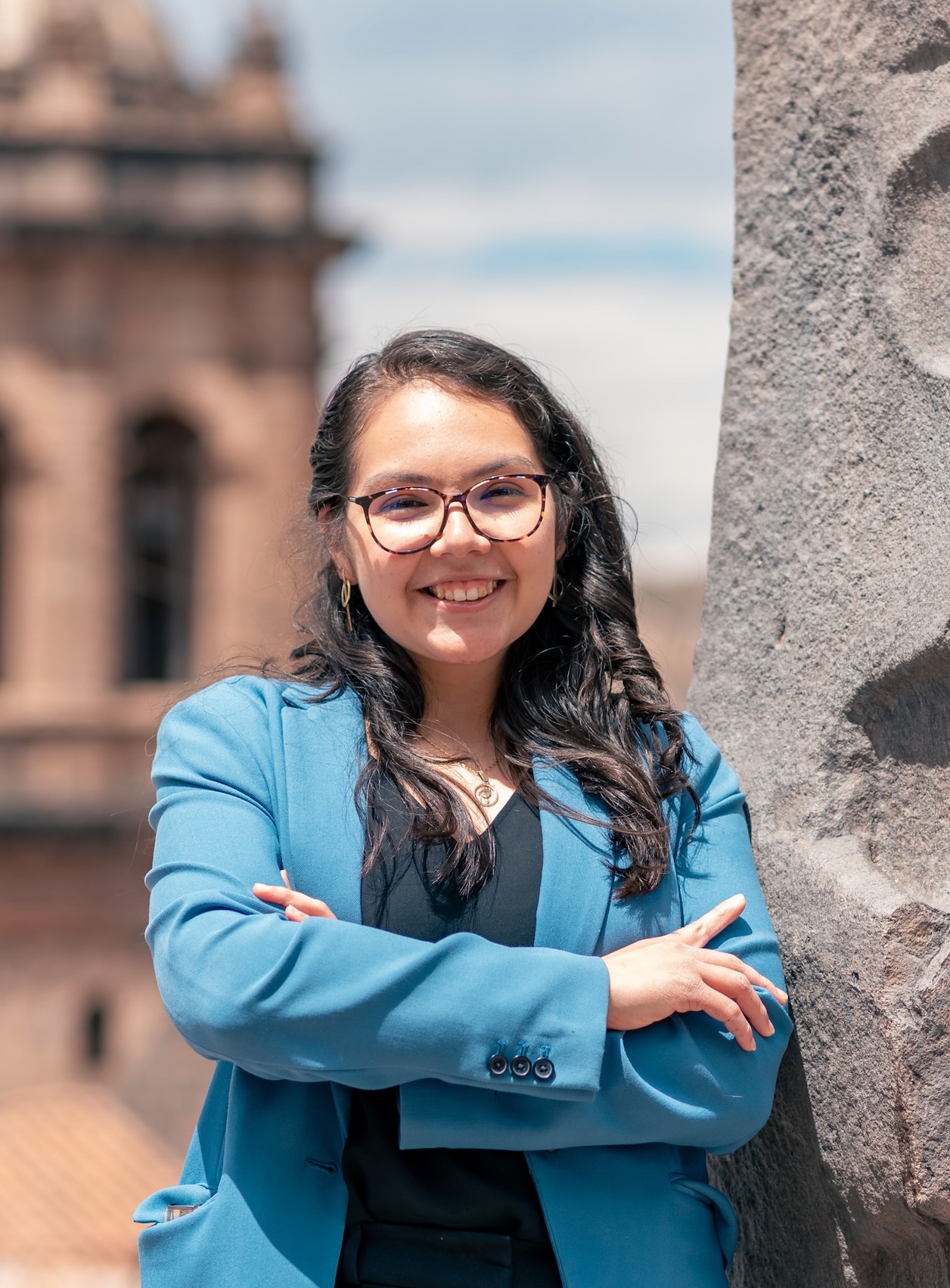
- View More Profiles
- View as grid
- View as list
Admissions Information
Application requirements, fund your degree.
- Tuition & Fees
- Financial Aid
- Request Info
Box: Box 11
Teachers College, Columbia University Zankel 212
Contact Person: Imani Collins
Phone: (212) 678-3751 Fax: (212) 678-3589
Email: ic2683@tc.columbia.edu
Education Policy
The educational experiences of young people are shaped by education and social policy decisions made at the national, state, local, and school-building levels. Moreover, these policy choices impact not only the educational opportunities available to young people, but also the distribution of cognitive and other skills in the labor force. A thorough understanding of current education policy debates and their consequences requires knowledge of the structure and history of the education system, the politics of education policy-making, the relationships among educational systems and other social policies, the distribution of resources—including teachers—within an educational system, and methods of policy analysis and evaluation. The concentration in education policy prepares students to participate both in the analysis of education policy and in broader political debates about the aims and structure of the educational systems. Students completing this concentration have employment opportunities with local, state, federal, and international education agencies and organizations.
Requirements
Core courses and electives will be selected from the list below as appropriate for the goals of individual students. All MPP students in the concentration will take two gateway courses in Education Policy; two courses in Foundations of Education; and one course in Organizational Studies and Education; and at least two additional elective courses. Coterm students will take one gateway course and enough foundation or organizational elective courses to satisfy the unit requirements. Note that this is not an exhaustive list; students may select other courses for their concentration with the approval of their faculty advisor and Program Director.
Affiliated Faculty

Eric Bettinger

Martin Carnoy

Eric Hanushek

Caroline Hoxby

William Koski

Walter W. Powell

sean reardon

Christine Min Wotipka
Gateway courses, foundations of education electives, organizational studies and education electives.

IMAGES
VIDEO
COMMENTS
The PhD in Educational Policy is a 90-credit doctoral program. Through apprenticed research experiences, students will gain expertise in policy analysis necessary to prepare them to do independent research and pursue …
You will evaluate and assess individual programs and policies related to critical issues like access to education, teacher effectiveness, school finance, testing and accountability systems, school choice, financial aid, college enrollment …
Education policy programs examine educational theory, research and leadership principles in K-12 schools as well as colleges and universities.
In the Education Policy program, students will consider how laws and policies impact the reform of educational systems and how they support or impede improvements in curriculum, teaching, and student achievement.
A doctoral program that prepares you for advanced empirical education policy research on various levels and issues. Learn from faculty experts, take courses across disciplines, and …
The Education Policy and Analysis (EPA) Program will prepare you to lead and engage in education policy development, analysis, and change in organizations and settings throughout the United States and internationally. You also will …
The campus-based Ph.D. degree in Education Policy prepares its graduates to build new knowledge, teach new leaders, and craft new policies. The program may be completed in 75 credits, of which up to 30 credits may be transferred …
The Ph.D. in Education's Education Policy Concentration is designed to foster the methodological skills and conceptual understanding needed to systematically address complex and multi-faceted education issues.
The concentration in education policy prepares students to participate both in the analysis of education policy and in broader political debates about the aims and structure of the …